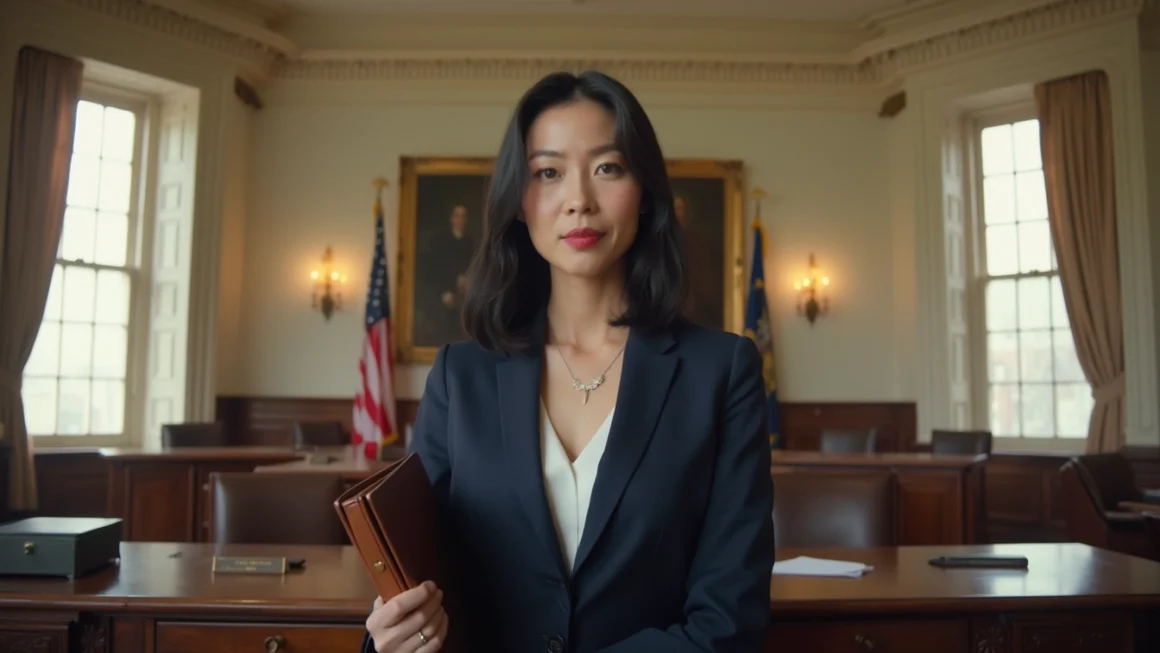Understanding the Dynamics of Political Appointments
Table of Contents
Political appointments are a frequent yet complex aspect of governance, often drawing significant public attention. When renowned figures are appointed to international positions, it naturally raises questions around the implications and behind-the-scenes dynamics involved. Let’s delve into the intricacies of such political maneuvers to better understand their impact on international relations and political landscapes.
The Significance of High-profile Appointments
High-profile appointments like that of Kimberly Guilfoyle as an ambassador often spark lively discussions about qualifications and motivations. These influential roles can shape diplomatic relationships and engender both support and skepticism. What makes these appointments particularly interesting is how they reflect political priorities and the broader strategic goals of governments.
Qualifications and Expectations
- Expertise: Understanding the skills and experiences that come with the appointee.
- Representation: How the appointment represents the country’s values and policies abroad.
- Influence: Assessing the potential impact on bilateral relations and policy shifts.
These factors play a critical role in assessing whether an appointee is suitable for the tasks that lie ahead. Public perception can often hinge on how well these expectations align with the appointee’s qualifications.
Strategic Implications of Diplomatic Roles
Appointing a close associate of a political figure, like Kimberly Guilfoyle’s link with Donald Trump, can lend itself to various interpretations. It’s essential to view these appointments within the context of international strategy and political signaling. They often serve to reinforce alliances, strengthen diplomatic reach, and reflect domestic political considerations on a global stage.
Balancing Act: Domestic vs. International Priorities
Governments consistently strive to balance domestic support with international diplomacy. Appointments are one method of aligning these objectives:
- Reinforcing Alliances: Appointments can help solidify alliances by showing commitment to shared goals.
- Political Messaging: Such roles often send signals about a country’s political trajectory and intentions.
- Influence on Policy: High-profile figures can actively shape foreign policy through their diplomatic interactions.
Potential Challenges and Criticisms
Any prominent appointment can attract scrutiny and debate. Some of the challenges that accompany these decisions include:
- Perceptions of Favoritism: Concerns about potential cronyism and favoritism may arise.
- Public Confidence: Ensuring that the public perceives such appointments as legitimate and beneficial.
- Diplomatic Sensitivities: Navigating complex international landscapes while upholding diplomatic norms.
Addressing these concerns requires transparent communication and justified rationale for the decisions made.
Conclusion: Navigating the Intricacies of Political Appointments
The process of political appointments is filled with strategic considerations and opportunities to strengthen international ties. Understanding the depth of these decisions can offer valuable insights into the way political allies interact on the global stage. As governments continue to use these appointments as tools for international influence, it becomes crucial to evaluate them through a lens that considers both strategic benefits and the need for transparent governance.
For those interested in exploring more about how political strategies are effectively implemented in various sectors, automation offers a fascinating avenue. Discover how automation can innovate political and diplomatic strategies.




